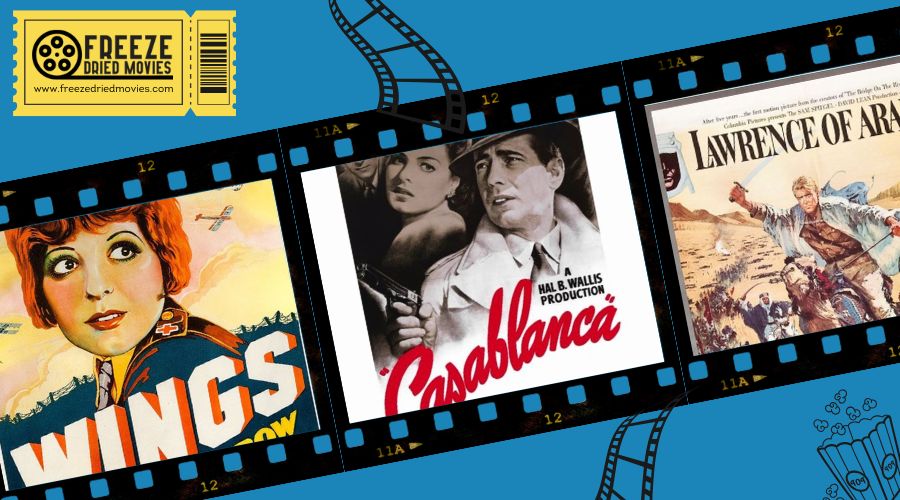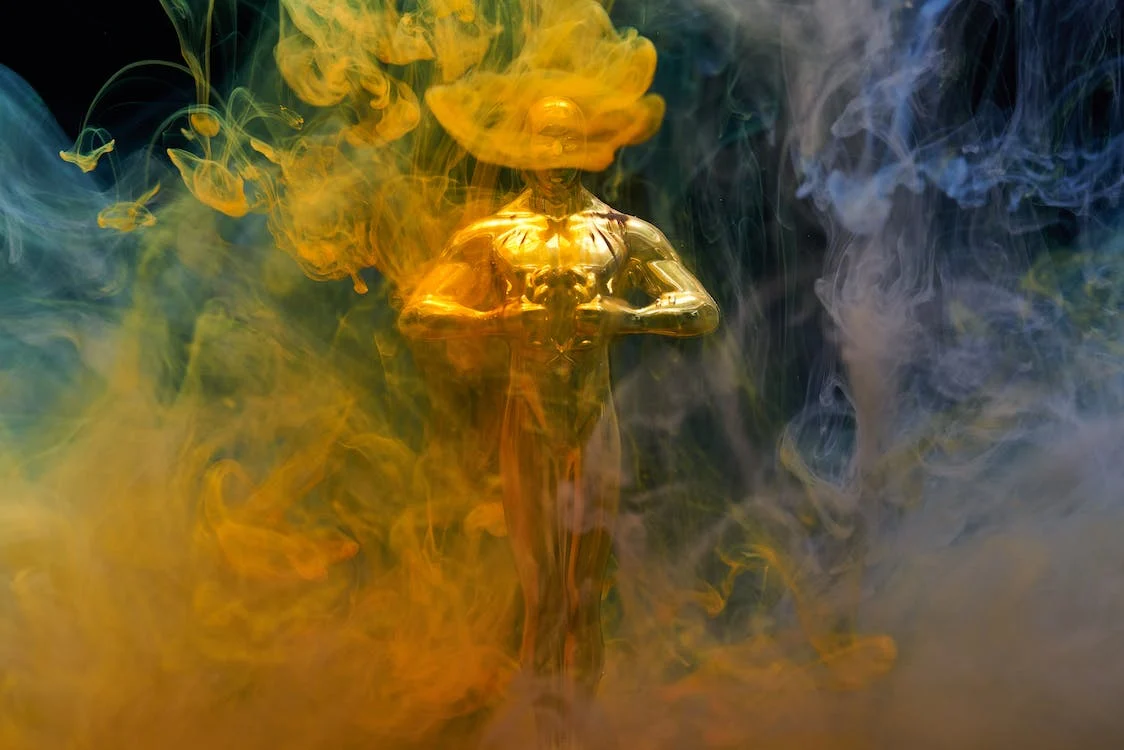The Ultimate Guide to The Best Picture Winners in Oscar History
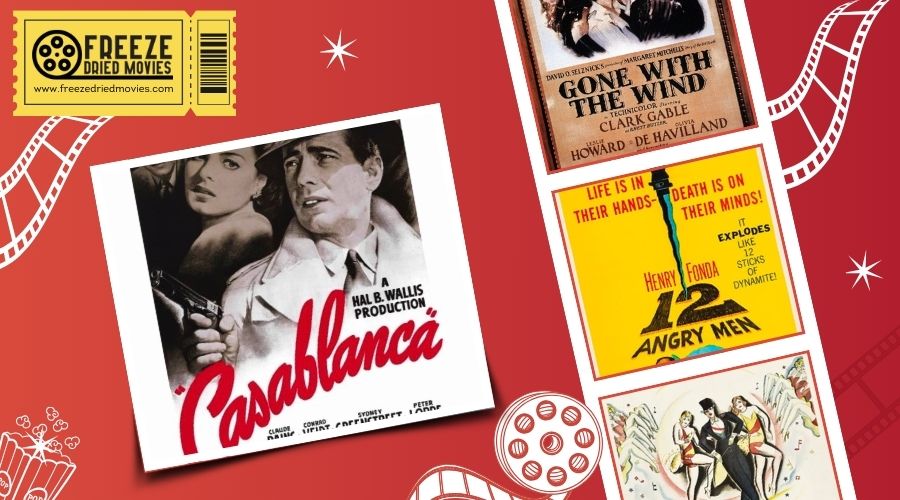
You're about to initiate a voyage through the enchanting world of Best Picture winners that have left an indelible mark on cinematic history. From epics like Gone with the Wind to groundbreaking films like Parasite, each winner reflects its period's cultural landscape. These films have shaped Hollywood, addressing societal issues while breaking barriers in representation. You'll investigate genres from early silent films to gritty realism and uncover how iconic performances and storytelling have evolved.
Regardless of it's heart-wrenching dramas or musical escapism, the Oscars have celebrated diverse narratives. Just wait to unearth the unforgettable moments and fascinating trivia they offer.
Iconic Best Picture Winners
When exploring the landscape of cinematic excellence, you'll often find Gone with the Wind (1939) as a staple example of iconic Best Picture winners. This film not only remains one of the highest-grossing films of all time but also dazzles with epic storytelling and unforgettable performances by Vivien Leigh and Clark Gable. Its eight Academy Awards solidify its legendary status in film history.
Another pillar of cinematic achievement is Casablanca (1942), a Hollywood masterpiece cherished for its timeless romance and quotable dialogue. Winning three Oscars, including Best Picture, this film captures the essence of classic Hollywood magic. The exceptional cast performances secured the film's place in cinematic history. Fast-forward to 1993, and you'll encounter Schindler's List, Steven Spielberg's heart-wrenching portrayal of the Holocaust. This film's seven Academy Awards reflect its profound emotional impact and historical significance.
In a more recent triumph, Parasite (2019) broke new ground by becoming the initial non-English language film to win Best Picture. It captivated audiences with its sharp critique of class disparities, earning four Oscars and marking a crucial moment in Oscar history. Each of these films, from Gone with the Wind to Parasite, showcases iconic performances and storytelling that define their periods.

Evolution of Genres
Spanning nearly a century, the Best Picture winners showcase the remarkable evolution of film genres, reflecting changing societal values and technological advancements. You start with the early silent film period, where Wings (1927) captured imaginations with its groundbreaking aerial sequences. As the 1930s rolled in, musicals and comedies like The Broadway Melody (1928-1929) and It Happened One Night (1934) dominated, mirroring the upbeat escapism audiences craved during the Great Depression. By the 1970s, you notice a shift towards gritty realism and darker themes. Films like The Godfather (1972) and One Flew Over the Cuckoo's Nest (1975) challenged viewers with their intense narratives, marking a departure from previous decades' idealism. The 1950s reflected post-war optimism and Cold War tensions in American films, with narratives often critiquing or endorsing the American Dream. This evolution continued into the 21st century with the inclusion of non-English films like Parasite (2019), which highlighted global storytelling's power and the Academy's expanding horizon. In recent years, Best Picture winners have leaned towards intimate, character-driven narratives that address contemporary social issues. Movies like Nomadland (2021) and CODA (2022) reflect a growing focus on personal stories and societal challenges, illustrating how cinema continually adapts to the world around it.
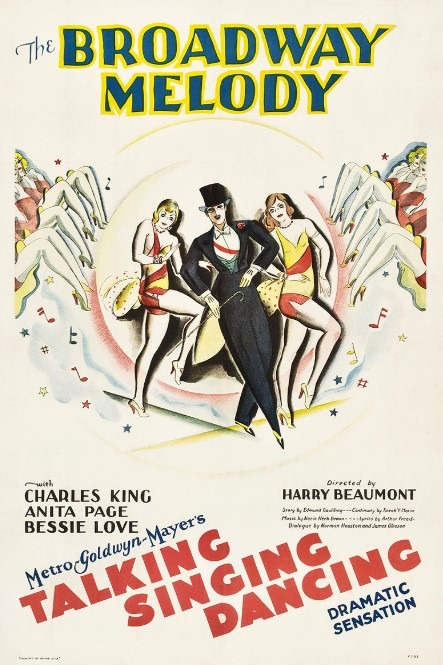
Influential Directors
In the domain of cinema, influential directors have shaped the landscape of Best Picture winners with their visionary storytelling and distinctive styles. Steven Spielberg stands out with a record 12 nominations for Best Picture, though he clinched the award only once, with the powerful Schindler's List. His ability to capture diverse narratives has left an indelible mark on the industry. Likewise, Francis Ford Coppola's work, especially The Godfather, remains a benchmark in American cinema, celebrated for its profound impact and storytelling brilliance.
Coppola's films, such as Apocalypse Now, explore timeless themes and have a lasting influence on the film industry. Clint Eastwood, known for his versatility, has directed multiple Best Picture winners like Million Dollar Baby and Unforgiven. His dual talent as an actor and director showcases a unique blend of artistry. Meanwhile, directors Daniel Kwan and Daniel Scheinert made history with their 2023 win for Everything Everywhere All at Once, illustrating fresh, imaginative directions for filmmaking.
Renowned filmmakers like Martin Scorsese have consistently delivered influential films, securing numerous nominations for Best Picture. Scorsese's storytelling prowess continues to inspire, even as Christopher Nolan awaits his initial win. Each of these directors, through their unique visions, have undeniably shaped the cinematic world.
View this post on Instagram
As the Oscars continue to create unforgettable moments, recent award-winning films have brought fresh narratives and groundbreaking achievements to the forefront. Let's explore these cinematic triumphs that have captured the attention of audiences worldwide. In 2023, Everything Everywhere All at Once dazzled viewers and critics alike, sweeping seven Oscars, including Best Picture. Michelle Yeoh's performance earned her Best Actress, marking her as the initial Asian woman to receive this accolade. This film's success highlights the changing landscape of the Academy Awards, showcasing diverse stories and talents. Notably, horror films like Get Out have also made a mark, with its Best Original Screenplay win demonstrating the genre's increasing recognition by the Academy. The previous year, CODA made history as the initial streaming film to win Best Picture. It swept three nominations, also bagging Best Supporting Actor and Best Adapted Screenplay. This milestone marks a shift in how films reach audiences, with streaming platforms becoming crucial players in the cinematic world. Earlier, in 2021, Nomadland, directed by Chloe Zhao, gained acclaim for its poignant depiction of modern American nomadism. Zhao's win as a director underscored her status as a trailblazer. Looking ahead, the 2024 Academy Awards nominees include films like Oppenheimer and Barbie, showcasing the diversity and innovation in the contemporary storytelling. With regard to evaluating the acclaim of Best Picture winners, the Tomatometer provides a clear snapshot of critical and audience reception. This ranking highlights which films have garnered the most praise from critics and viewers alike. Parasite (2019) and Casablanca (1942) top the list with impressive Tomatometer scores of 99%, underscoring their exceptional critical acclaim and enduring audience approval. These films have left a significant mark on the Academy Award landscape, showcasing the power of storytelling across different periods. Following closely are The Godfather (1972) and Schindler's List (1993), both with scores of 97%. These films continue to resonate in film history, regarded as masterpieces that have shaped cinematic narratives. Meanwhile, films like 12 Angry Men (1957) and The Shawshank Redemption (1994) maintain commendable scores of 96% and 91%, respectively. Their high rankings highlight their strong resonance with both critics and audiences. The diversity of genres represented in these top-ranked films illustrates the Academy's celebration of wide-ranging themes and storytelling styles. From gripping dramas to historical epics, the Best Picture winners reflect a rich tapestry of creative expression, demonstrating why these films have stood the test of time. The Best Picture winners of the 1950s showcased diverse themes and storytelling techniques, leaving a legacy that continues to influence modern cinema. The Best Picture Oscar has long been a guiding light of cinematic excellence, representing the pinnacle of achievement in the film industry since its inception in 1929. Over the years, these awards have not only celebrated exceptional storytelling but have also captured the historical significance of films that mirror societal changes. Iconic winners like Gone with the Wind and The Godfather have left an indelible mark on Hollywood, shaping its cultural landscape and setting high benchmarks in production quality. The 1940s marked a pinnacle in Oscar history, with groundbreaking storytelling and technological innovations setting enduring standards for cinematic excellence. As societal trends evolve, so do the themes of Oscar winners. For instance, Moonlight in 2017 broke barriers as the initial LGBTQ+ film to claim the Best Picture title, signaling a shift towards recognizing diverse voices and stories. The 2020 triumph of Parasite, the initial non-English language film to win, marked a milestone in acknowledging global cinematic excellence and cultural identity. Such milestones underscore the award's role in reflecting societal shifts: Each Oscar winner, in its own right, reflects the dynamic tapestry of cinema and society. Occasionally, the Oscars surprise us with their choices, but the recent trend towards diversity in Best Picture winners is a deliberate plunge. The Academy Awards have increasingly welcomed inclusivity, breaking barriers and acknowledging stories that reflect the vast tapestry of human experience. Parasite (2019) shattered the glass ceiling by being the initial non-English language film to win Best Picture, elevating global cinema's voice on Hollywood's grandest stage. This win was not just a triumph for South Korean cinema but a nod to the importance of diverse narratives. The historic win of Moonlight (2017) marked the initial time a film with an LGBTQ+ storyline claimed the Best Picture title, representing a significant moment for LGBTQ+ representation in mainstream media. Likewise, CODA (2022) brought attention to the deaf community, achieving a milestone as the initial film focused on this community to win Best Picture. In 2023, Everything Everywhere All at Once continued this trend, with Michelle Yeoh's win highlighting Asian representation. These victories are more than just accolades; they are a reflection of the Academy's evolving perspective, recognizing films that address race, gender, and socioeconomic issues, and inviting broader representation in storytelling. Investigate the fascinating world of Oscar trivia and fun facts, where each tidbit adds a layer of intrigue to Hollywood's prestigious awards. Did you know the very initial Best Picture winner was Wings (1927/28)? This silent film dazzled audiences with its impressive aerial combat sequences during World War I, setting a high bar for future nominees. Jumping to more recent history, Parasite (2019) made waves as the first non-English language film to clinch the Best Picture Oscar, highlighting its global impact and critical acclaim. Among the iconic moments in cinema, films like Citizen Kane from Hollywood's Golden Age are celebrated for their innovative storytelling and have left a lasting legacy on the industry. Oscar night isn't without its unforgettable moments, such as the 2017 mix-up when La La Land was mistakenly announced as Best Picture instead of Moonlight. Such events are etched into Oscar history as reminders of the unpredictability of live television. To wrap up, here are some fun facts that might surprise you: These nuggets of trivia showcase the Oscars' rich tapestry of stories and achievements.Memorable Oscar Moments
Recent Award-Winning Films
Cultural and Social Impact
Ranking by Tomatometer

Historical Significance
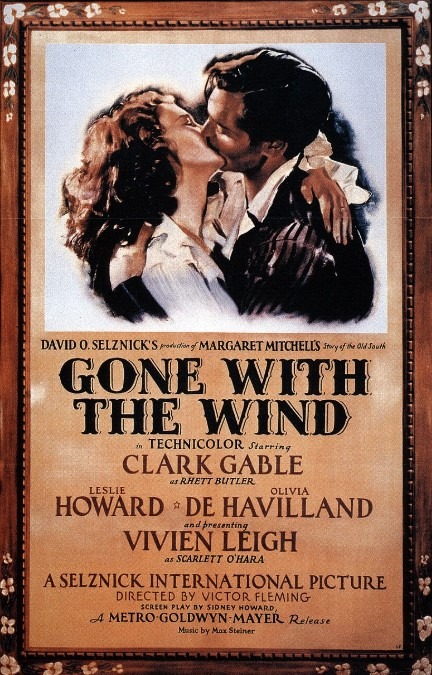
Diversity in Best Picture
Trivia and Fun Facts


